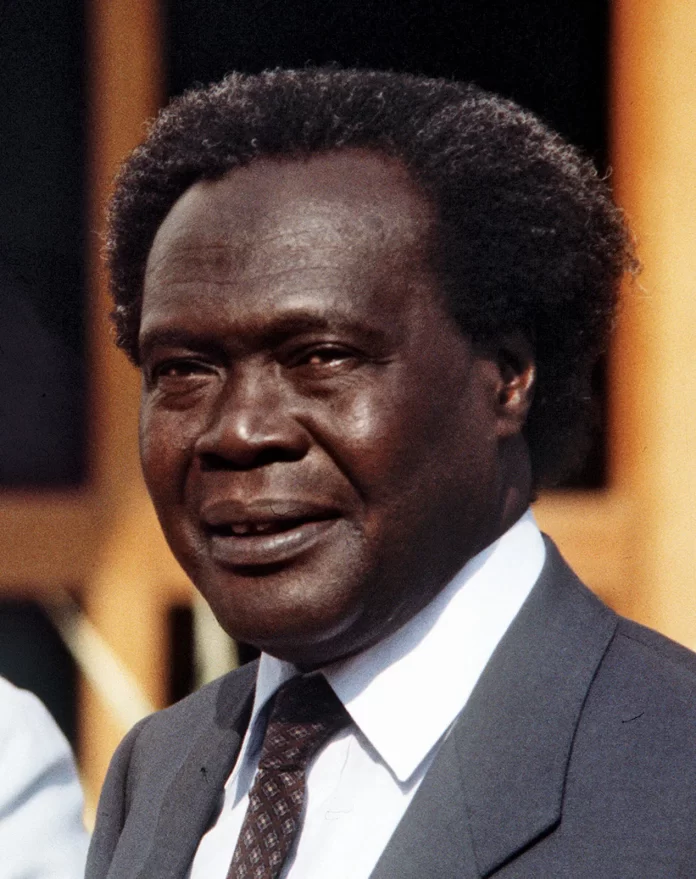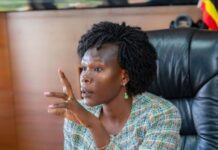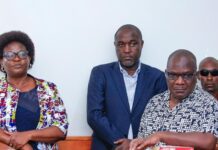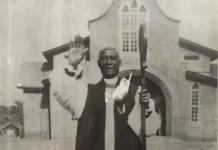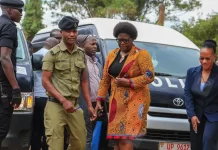The 27th of July 1985, marks an important day in Uganda’s history. To those alive then, in the heart of Uganda’s capital city, Kampala, the air was thick with tension on this same fateful date.
The once vibrant streets were now lined with armed soldiers and echoes of uncertainty. Uganda People’s Congress’ President, Milton Obote, who had ruled the nation with an iron fist, was about to face the consequences of his actions.
President Obote’s second reign had been marked by corruption, human rights abuses, and a growing sense of discontent among the Ugandan people.
The nation, still recovering from the dark days of Idi Amin’s rule, had hoped for a brighter future under Obote’s leadership. However, those hopes were gradually dashed as his government turned a blind eye to the cries of the oppressed.
Amidst the political turmoil, General Tito Okello Lutwa, a respected military figure, gathered support from disaffected military officers and opposition leaders who saw the urgent need for change and believed that removing President Obote from power was the only way to save the nation from further decline.
As the sun rose on that fateful day, General Okello’s forces silently moved through the streets of Kampala, positioning themselves strategically around key government installations and the presidential palace. The element of surprise was crucial, as they knew President Obote would not surrender power easily.
Inside the Presidential palace, President Obote was blissfully unaware of the impending coup. Surrounded by a small circle of loyalists, he remained confident in his hold on to power, dismissing the growing discontent among the people as mere rumors spread by his opponents.
As noon approached, the city descended into chaos. General Okello’s forces launched a swift and decisive attack, overwhelming the presidential guard and securing control of critical locations.
News of the coup spread like wildfire around Kampala and all over the country, and people cautiously watched the unfolding events from their homes and workplaces.
Within the presidential palace, panic gripped President Obote and his inner circle as the sounds of gunfire and shouts grew louder. Realizing the gravity of the situation, some of his aides urged him to escape to safety, but the proud and stubborn leader refused to flee.
As the afternoon sun reached its peak, the palace fell into the hands of General Okello’s forces. The once-powerful Obote was overthrown and his reign of tyranny brought to an end. The nation watched in disbelief as the deposed leader was escorted away, his legacy of oppression now stamped in Uganda’s history.
According to Henry Kakooza, a student of journalism by then doing part time media reporting at parliament, Obote II was not the same as the charismatic Obote I who championed the fight for Uganda’s independence.
“I was a journalist during Obote’s regime, and our newsrooms were always under surveillance. We had to tread carefully with our reporting, knowing that speaking the truth could have dire consequences,” Kakooza said.
“I remember the day of the coup vividly. The streets were chaotic, and people were torn between hope for change and fear of the unknown. We longed for a leader who would unite us, not divide us,” Kakooza added.
In the aftermath of the coup, General Lutwa assumed power, promising a period of transition and national reconciliation.
He vowed to address the grievances of the people and restore Uganda to a path of peace and prosperity.
However, despite the initial hopes for change, General Lutwa’s regime faced its own challenges. Internal divisions among the coup leaders, economic difficulties, and growing public discontent led to further instability in the nation.
According to Robert Ssekibuule, a Makerere University lecturer by then, Lutwa’s regime was a short-lived one and remembered by many Ugandans as a time of hope and promise, but it was also a time of great challenges.
“Okello’s legacy is mixed, but he will always be remembered as the man who tried to bring peace to Uganda after years of war,” Ssekibuule recalls.
Uganda’s history would continue to be marked by political upheavals and power struggles in the years that followed. The events of July 27, 1985, served as a reminder of the delicate balance between leadership and the will of the people, as well as the importance of unity and inclusivity in the pursuit of a better future for the nation.


